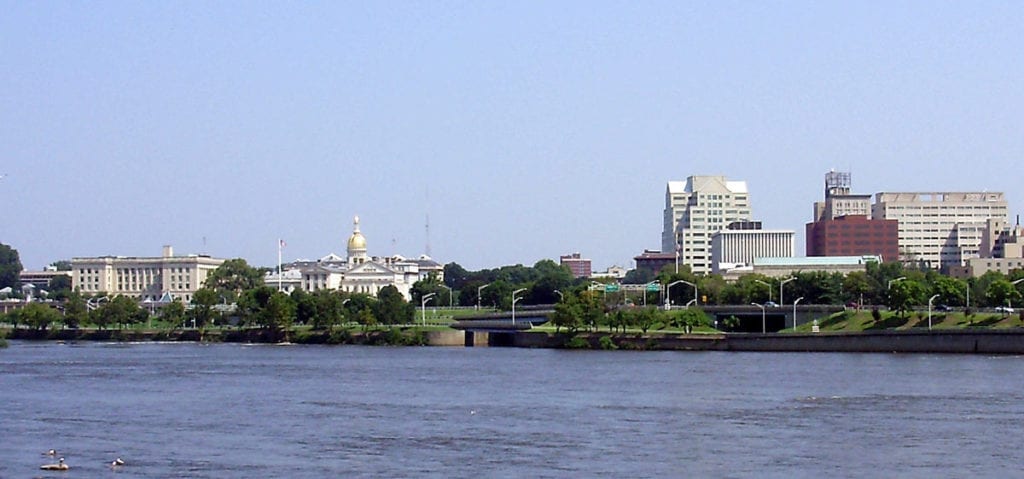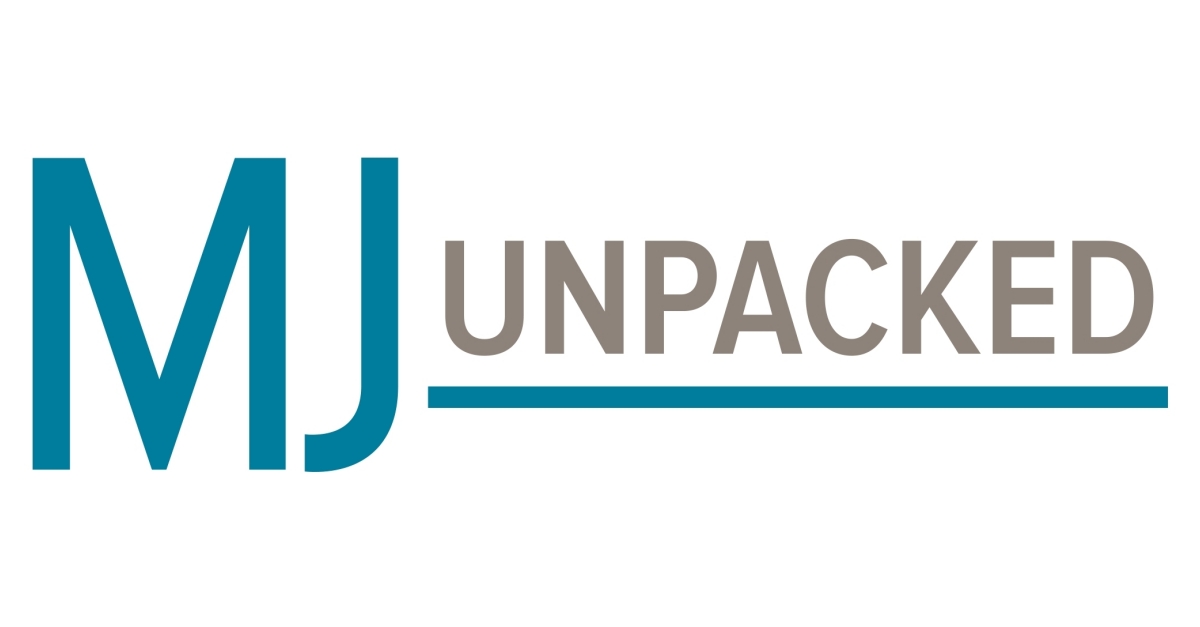On Wednesday, New Jersey Governor Phil Murphy announced that opioid addiction is now a qualifying condition for medical cannabis in the state, according to an NJ.com report.
For years, the death rate from opioid overdoses in New Jersey has been on the rise. In 2018, 3100 residents were estimated to have died from opiate drug overdoses, a fourth straight year in a row to set a new record high. Note that — due to rising population levels — the percentage rise was not quite as high, but opioids remain a serious issue.
The state has developed a multi-tier strategy. Part one is immediately adding opioid addiction as a qualifying medical cannabis condition. State Health Commissioner Shereef Elnahal pointed out two studies from last year that showed convincing evidence for medical cannabis lowering the overdose death rate, as well as the prescription rate.
The additional steps involve clean syringe access programs as well as medication-assisted treatment (MAT) for addiction.
As New Jersey continues to expand its medical cannabis program and move towards legalizing adult-use cannabis, it hopes to lower the rates of death due to overdose and other complications from opiates such as heroin, classic painkillers, and the newer, more potent fentanyl.
Already in 2019, there have been 141 opioid deaths — about seven per day.
Get daily cannabis business news updates. Subscribe
End



